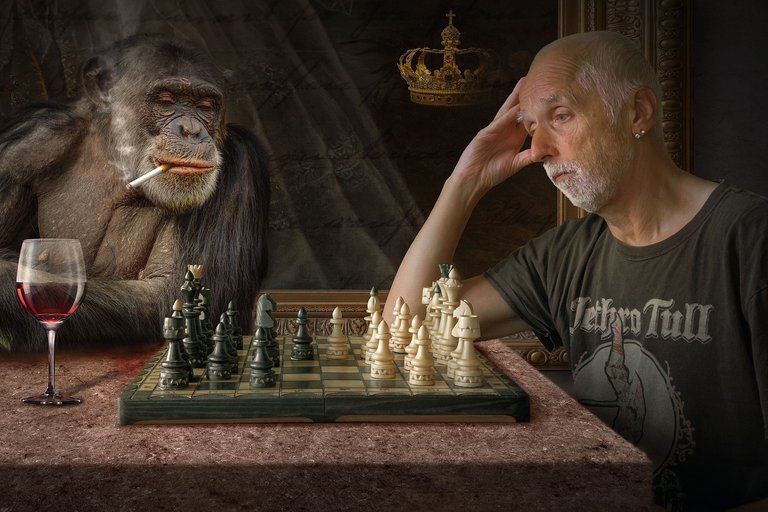Even small children have more developed social skills than great apes, even if they are on a par with the animals in cognitive tasks: they learn through observation and can put themselves in the shoes of others. This is the conclusion drawn by Leipzig scientists from a study in which they compared the mental performance of chimpanzees, orangutans and two-and-a-half-year-old children.
When children watch another person fetch a toy from a pipe, they imitate him in order to get to the toy. Monkeys, on the other hand, bite the pipe and try to destroy it. They do not succeed in finding the right solution to a problem by observing it. The researchers explain that social skills are probably important for successfully living together with other people.
The scientists developed a special experimental set-up that they used to test the mental abilities of a hundred small children, a hundred chimpanzees and thirty orangutans. They did not only test the social-cognitive abilities of their subjects, such as their ability to interpret the behaviour of the test leader in order to cope with certain tasks.
In order to find out which cognitive abilities distinguish humans from monkeys, they also looked at the physical-cognitive abilities ? the ability of the subjects to find their way around their environment. Among other things, they examined the spatial imagination of the test subjects.
